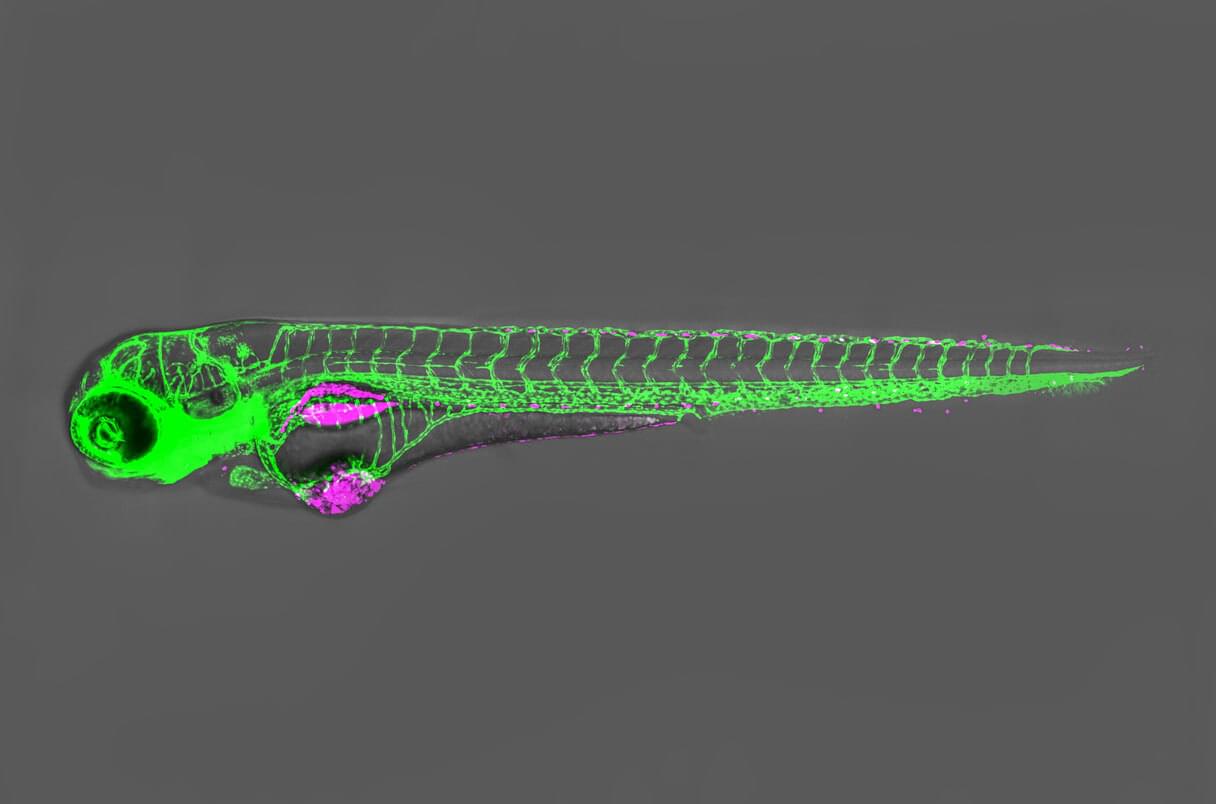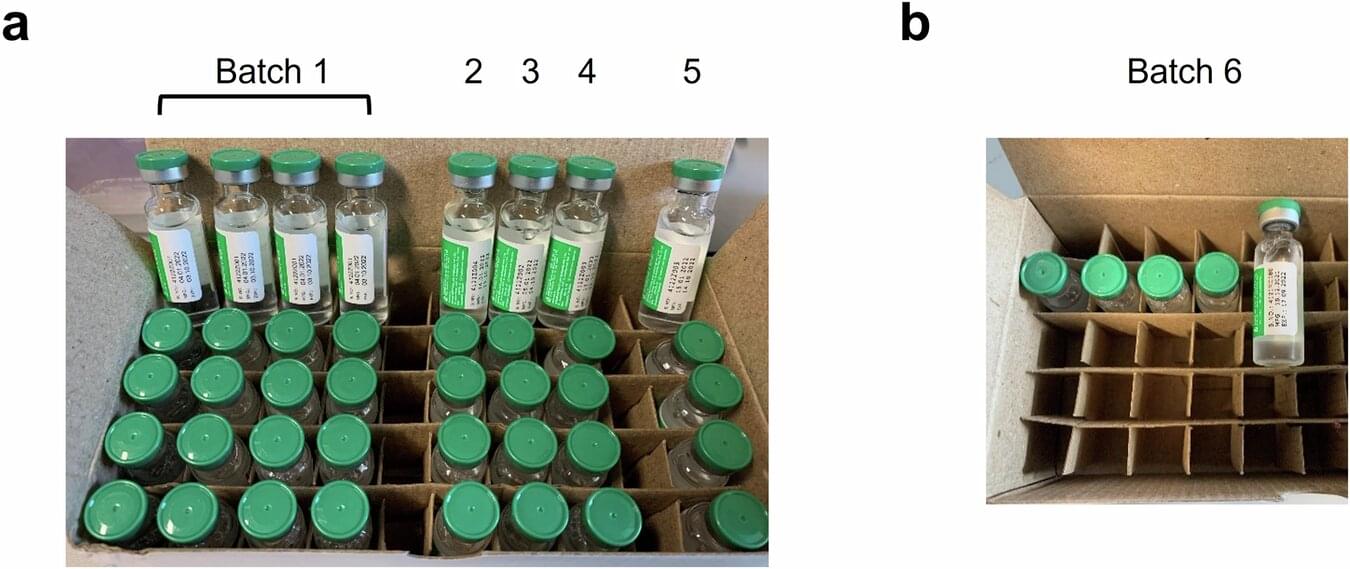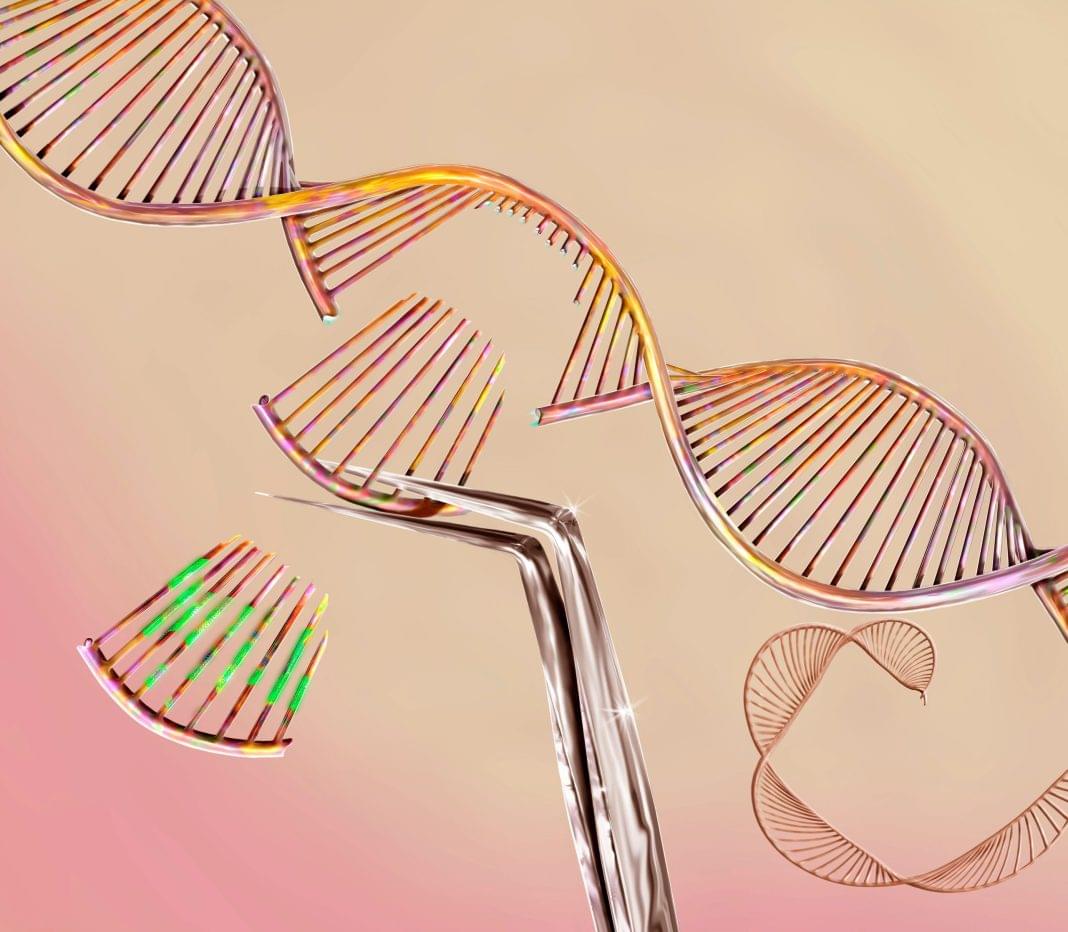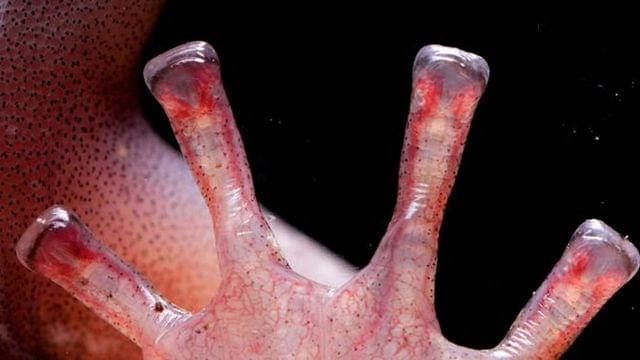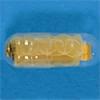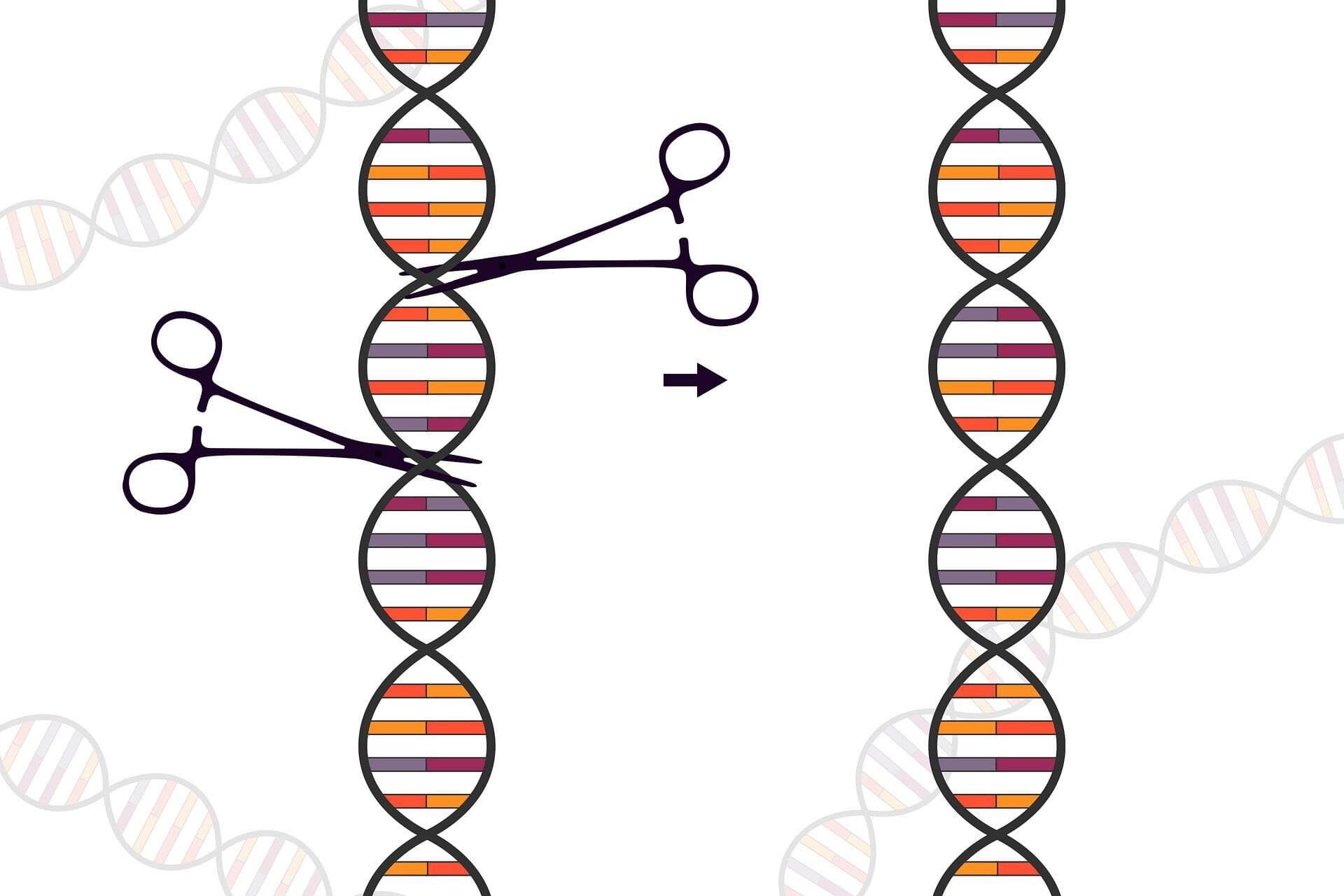The rise of antimicrobial resistance and novel emerging diseases has put microbiology at the forefront of public perception. From microbial growth and viability assays to high-throughput drug screening, microplate-based assays offer a more cost and time-efficient alternative to traditional assays. Modern microplate readers allow researchers to perform assays under controlled atmospheric conditions and to produce highly reliable, reproducible, and accurate results in real-time.

